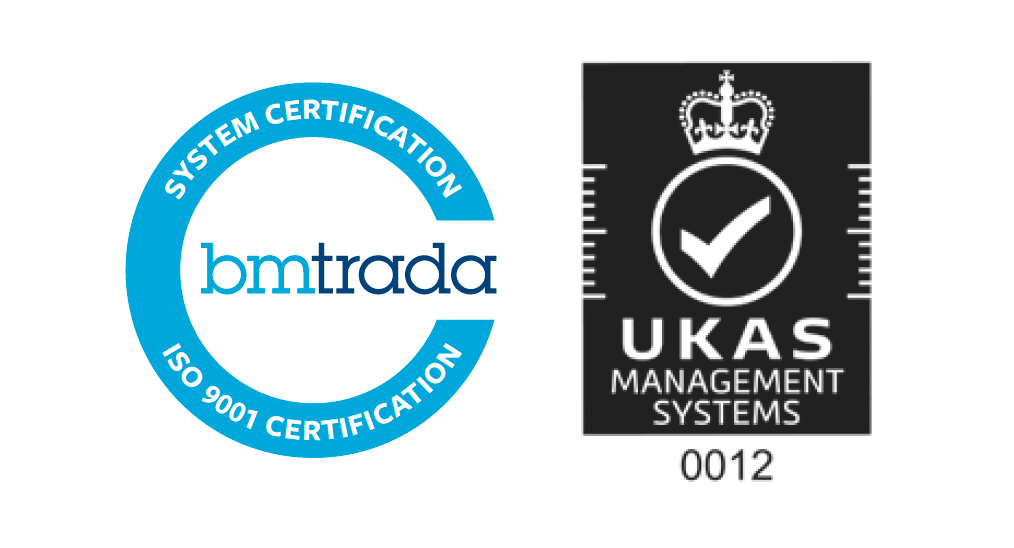For the full report, click here
About this report
Over the last few weeks, we spoke with 38 key leaders across health and social care. They shared their reflections from the early days of the Covid-19 pandemic and their insights on how they are shifting their approach, both to their work and to their leadership style. We also organised a three-part roundtable series to address top themes and guiding principles.
From this work, we have drawn together the collective thoughts and experiences into the concept of a “resilient system”. This encapsulates new ways of collaborating at all levels to deliver person-centred, place-based care that builds on the lessons of the pandemic.
“Our system has had to come together to respond to a very different situation. Conversations have become more real and delivery orientated. We’re bringing together clinical directors and others across the system but without distracting from local understanding and delivery. We must be systematic, collective and safe.” –Trust CE
Introduction to the resilient system
Even before the pandemic, health and care organisations came together within systems to tackle long-standing and deep-rooted issues. There was a general sense of uncertainty and scepticism about yet more initiatives to encourage collaboration and integration. However, during the pandemic, systems were able to work together differently to solve problems and deliver transformational change.
“We’ve shifted in mindset to think about exactly what the challenge is we need to solve and then getting all the partners around a table to tackle it, rather than having lots of forums with broad membership that have no purpose or problem to solve.” -ICS SRO
As systems start to restore services, it is critical to ensure that positive innovations are sustained and extended. Systems also need to prepare for possible future pandemics, or other crises. We can think of this as system resilience. System resilience is an active, integrated approach to responding to crises, including surges in demand, without losing core functions. Resilient systems are able to shift service delivery and flex the workforce as needed to respond to rapid change. Resilient systems will deliver a balance between doing things once across the system and ensuring local flexibility.
“If we see ourselves as leaders in places, we don’t need to wait for national planning guidance.” –Regional Director

To develop resilient systems, leaders need to focus on person centred, place-based care supported by an empowered and nurtured workforce, underpinned by place-based estates, integrated data and aligned finance.
The way in which leaders lead is also evolving, along with a real energy to take the opportunity given by the pandemic to do things differently. Leaders are moving towards more focus, more collaboration, more empowerment, a flexible innovative approach and data-led decision making.


